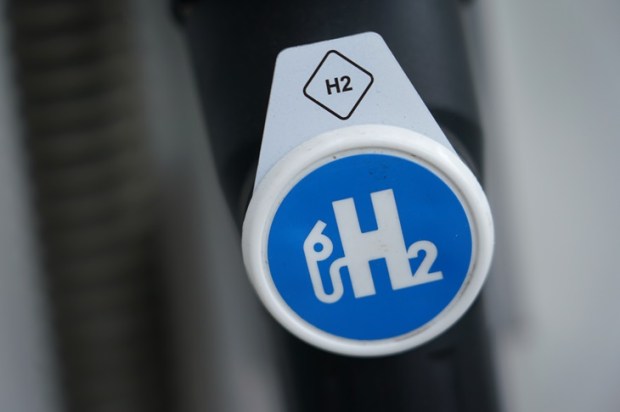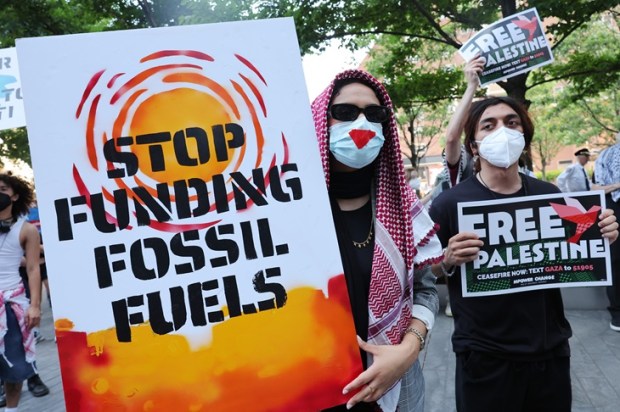The climate change debate is frequently couched in quasi-religious terms. There are the ‘believers’ on one side, and the ‘sceptics’ and ‘deniers’ on the other. Religious concepts like original sin (our carbon footprint), penance (carbon credits), fasting (a meat-free diet), and an apocalyptic vision of the future (complete with a Noah-like global flood caused by melting polar caps) are all features of modern climate change activism.
And there is little wonder why.
Already a subscriber? Log in
Subscribe for just $2 a week
Try a month of The Spectator Australia absolutely free and without commitment. Not only that but – if you choose to continue – you’ll pay just $2 a week for your first year.
- Unlimited access to spectator.com.au and app
- The weekly edition on the Spectator Australia app
- Spectator podcasts and newsletters
- Full access to spectator.co.uk


























Comments
Don't miss out
Join the conversation with other Spectator Australia readers. Subscribe to leave a comment.
SUBSCRIBEAlready a subscriber? Log in